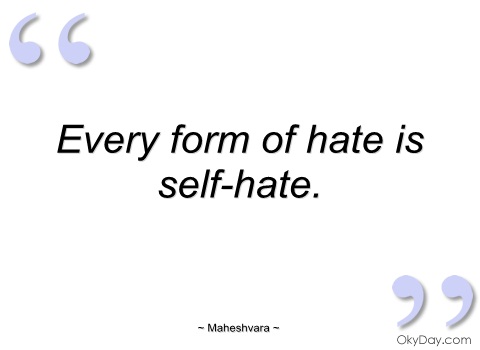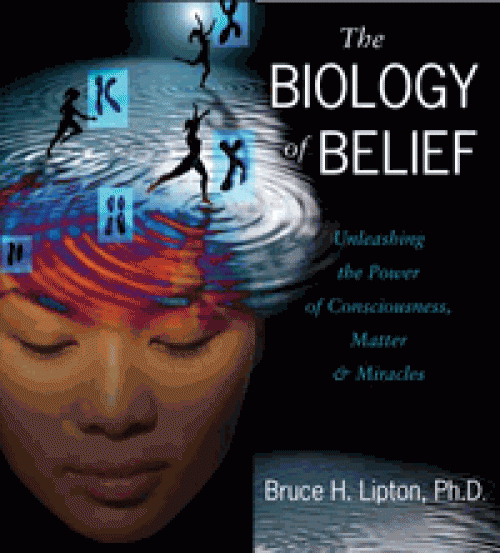Time for an eye update. My vision is improving (very) slowly, but it’s going in the right direction. It’s still very blurry, and I can’t close my eyelid completely so I have to put drops and ointment in it all the time. That alone makes the blurriness worse. I can’t wait until it’s completely healed because reading anything, including emails and checking for typos and spelling errors is a bitch. Nerve fibers grow slowly though, so I’ve got ot be patient.
Most of us either have or know someone with osteoarthritis, rheumatoid arthritis, gouty arthritis, psoriatic arthritis and much more. This will give you an idea of what’s behind it all and how the disease can be approached. I’m wondering if everyone with any sort of ache or pain might benefit from this, too.
Me: All right. Let’s talk about arthritis. That’s very common, in children, not as much, but still, it occurs in them, too.
Erik: That sucks. Arthritis hurts, man. For those of you who don’t have it, that shit hurts, and it sucks.
Jamie looks at Erik and grins.
Jamie: He’s first talking about diet and the need to detox.
Erik: These people with arthritis don’t detox. They don’t let go easily, and they have a ton of inflammation in the body which dietary changes can help. I think—
(Pause)
Jamie (shaking her head in frustration): Slow down, Erik.
(Pause)
Jamie (to Erik): No, I can’t. (Pause) Okay. He’s talking about Americans, and he says that just because he always uses them as an example doesn’t mean he’s bashing on ‘em.
Erik: It’s just because that’s where I come from. If you’re not [from America], you get to learn a little bit about Americans. Our diets are pretty bad. We have a sweet palate, not a savory palate or a spicy palate, but we’ve trained ourselves to eat sugars and carbohydrates, and this kind of diet creates inflammation the body. Arthritis is a disease of inflammation. If our culture had a different diet—and you can look at different cultures and the incidence of arthritis they have—it’s completely different than what we have. It’s how we feed ourselves. This is a form of nurturing, which is also, I think, an ignorance. Just like I said before, we think, “Oh, you’re going to teach me how to feed myself. Obviously, your the government or this or that so you know better than me,” or “You’ve put it in the stores, so obviously it’s okay for me to eat.” We haven’t taught people what good nutrition is. About 60%, I’m not even fucking joking—
Jamie laughs.
Erik: Sixty percent of the diseases we have in the United States would go away if we changed our diets.
Me: A general type of diet? Or does every single person need to think, “This diet doesn’t make me feel good. I need to eat more of this and less of that.” Again, is that about questioning our own needs and motives?
Erik: Absolutely Yeah, yeah. I’m just saying, if we had to talk about it in general, I would ditch the bulk of the –
Jamie: He calls them the “nasty carbohydrates.” He’s trying to differentiate between good ones and those that aren’t like the processed ones. He’s also talking about sugars. He says we need to go away from sweets and more with spice.
Erik: In general, doing that will take care of that 60%, but individually, you need to know if you need more protein or less protein, what your allergies are, can you not drink cow milk? What the fuck, we’re not baby cows
Jamie: Which are called, “calves” by the way, Erik.
Me (laughing): You got him on that one! All right, what kind of spices do you recommend?
Erik: Garlic, onion, pepper—black pepper, white pepper—parsley, thyme, rosemary, oregano. These are wonderful for the blood and lungs. We used to use herbs and spices to treat illnesses, but then they turned into flavorings and toppings. Now they’ve kind of gone away because the only flavors and toppings we like are sweets. The average American doesn’t know what these seasonings are. They don’t know their use in medical history, and this should be common knowledge. Everyone has access to this, but we don’t check it out because our diets are taught from [external sources.]
Me: What about turmeric?
Erik: Hells yeah. It’s a huge anti-inflammatory seasoning.
Me: You talk about detox. Is there any special way we can detox other than changing our diet, tapping our foot and waiting for things to clear out?
Erik: Enough fluids. Massage, including lymphatic massage and deep muscle massage. Intimate touch and sex is a detoxing agent because certain hormones are released and—
Jamie (clearly uncomfortable with what he’s saying): You know what? I can just move on.
Erik: Physical movement, even if it’s just stretching. It doesn’t have to be intense. People underestimate the power of sweat. Sweat is a big detoxer.
Me: Sweat equity. I bet dancing like learning how to dance the Salsa might help because there’s spiritual and a physical component to it. Would that help detox too?
Erik: Oh, completely. Yes.
Me: Okay. Hope they don’t dance like you, Erik!
Jamie (thumping her fist to her chest): He’s hitting his chest and going, “Come on!”
The kid did have two left feet. Just like Mama.
Me: So, you said that a lot of people with arthritis have a problem letting go. Is that in general, letting go of things in general?
(Long pause)
Me: Letting go of relationships that are not working, letting go of emotions that are toxic, etc.
Erik: It’s basically about placing responsibility. What are you going to be responsible for? Is it your relationship? Are you taking too much on from your child? Are you doing too much for your wife, your husband? Those things have to be looked at. In general, the theme of letting go is letting go of anything that you can’t personally control and that’s uncomfortable for you to control.
Me: That makes sense. What about children who come in with Juvenile Rheumatoid Arthritis? Is it their diet? What spiritual component is there in that? They’re so young. How can they have enough time to have problems letting go of negative or toxic responsibilities?
Erik: Well, sometimes you come in as a child with a disease to help a family member or someone in particular learn a lesson, as well as yourself. It’s not all about you, you, you, me, me, me. It’s also about what contract is involved.
Me: Give me an example of a contract.
Erik: Let’s look at a child with leukemia. How much does that fucking suck, right?
Me: Yeah.
Erik: And half of us stand up and scream, “It’s just not fair. This child should have every right [to be healthy].” Well, guess what? That child did have every right and willingly stepped into this. How amazing is that? The strength and the innocence of a child can totally trump someone who’s been in this life advocating for themselves and working for it for over forty years. What do they spread? What do they show? Hope. Perseverance. They overcome their disease. Their whole family learns how to love in a different way because they’re not going to rely on the possibility that a person they love is going to wake up the next day and be okay. It’s not living out of fear. It’s showing gratitude and respect for every moment they do have. That’s a grand lesson. Isn’t it fucked up that we only learn these lessons, these very intense ones, through an experience like this? Don’t you just want to sit back and go, “Why can’t I just learn that,” or “Why can’t somebody just put that on a piece of paper for me so I can get it?” That’s what drives me crazy.
Jamie (looking over at Erik): It does? Drives you crazy?
Jamie (looking at me, smiling and nodding): Yeah.
Me: That explains a lot!
Frankly, I’m all for just getting the interoffice memo.




